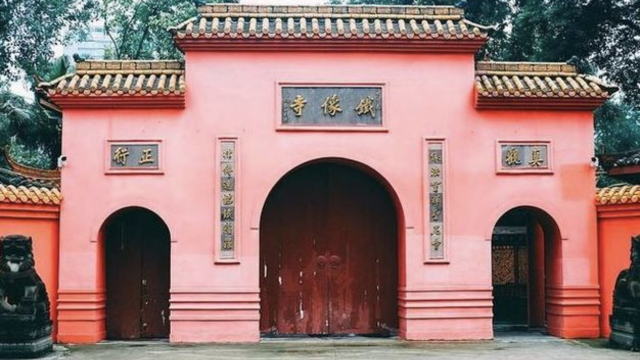Installed on the pretext of “ensuring safety” and “preventing the coronavirus spread,” these high-tech locks subject people to heightened surveillance.
by Tang Wanming
The so-called smart locks, devices that unlock or close doors with phones and IDs, or facial recognition, are gradually introduced in rental properties in various parts of China. Regime’s propaganda claims that these tools are essential for residents’ safety and are now employed to prevent the spread of coronavirus. However, they are not as benevolent as presented to the public: the locks, linked to the government’s big data platforms, are yet another means to control the population.
According to a report in an official media outlet in the eastern province of Zhejiang, the police and medical staff apprehended a woman working at an electronics company in Zhuji, a county-level city under the administration of the prefecture-level city of Shaoxing, when she returned to her dormitory after a visit home in Shaanxi Province. To open the door, the woman had to use a “smart lock” app on her phone, which is connected to the city’s migrant population management database. Amid the coronavirus outbreak, data on migrant population’s health codes—mandatory apps that detect if a person may be a COVID-19 contagion risk by analyzing users’ personal information, travel and health data—was also aggregated on the database. Allegedly, to help prevent the virus spread by migrating workers. The woman’s recent travel outside the province has triggered an alarm, and the authorities came to her home to ensure that she self-isolates.
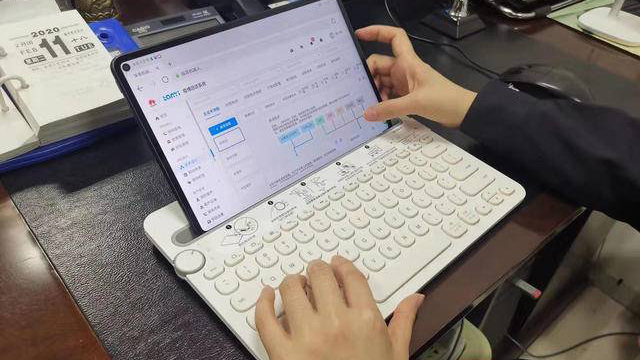
An order issued by the Zhuji Public Security Bureau in April demands that smart locks be installed in all residential communities in the city by the end of September. Their use should be expanded to aid the government in creating an effective, “refined,” “intelligence,” “hotel-style” management of residential communities. All collected information should be analyzed to advance a “massive investigation and transformation” of rental properties to further control the migrant population.
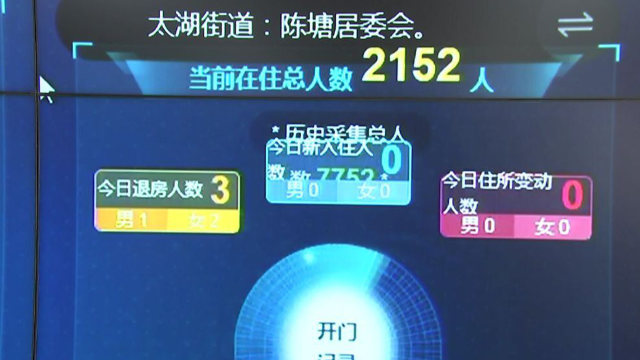
A police officer supervising smart locks’ installment in the city told Bitter Winter that public security bureaus can access all information stored on these devices, including who and when enters or leaves residential communities.
“The government is tightening control over citizens, and that is why they want to install these smart locks,” the officer explained. He added that after the project is implemented in Zhuji, it will expand to other areas of Zhejiang Province and then to the entire country.
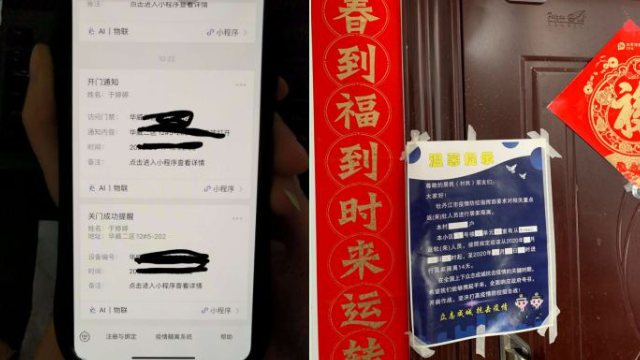
In Zhuji’s Diankou town, residents complained to Bitter Winter that the local government demanded rental properties to install smart locks or be prohibited from renting out. The landlords and tenants share the installation fee of 400 RMB (about $ 58).
A residential community tenant said that he was annoyed by the new system: he has already been locked out of the apartment because he forgot to take his smartphone. A police officer from the area confirmed that most people are irritated by the project, and he finds his duties to oversee the installment of smart locks “very difficult to perform.”
To quash such dissatisfaction, the Zhuji Public Security Bureau document calls on local authorities to use television, radio, newspapers, official WeChat accounts, and even grassroots grid personnel to implement effective propaganda measures to promote the project. And the propaganda should only stress that smart locks are solely used for epidemic prevention or community safety.
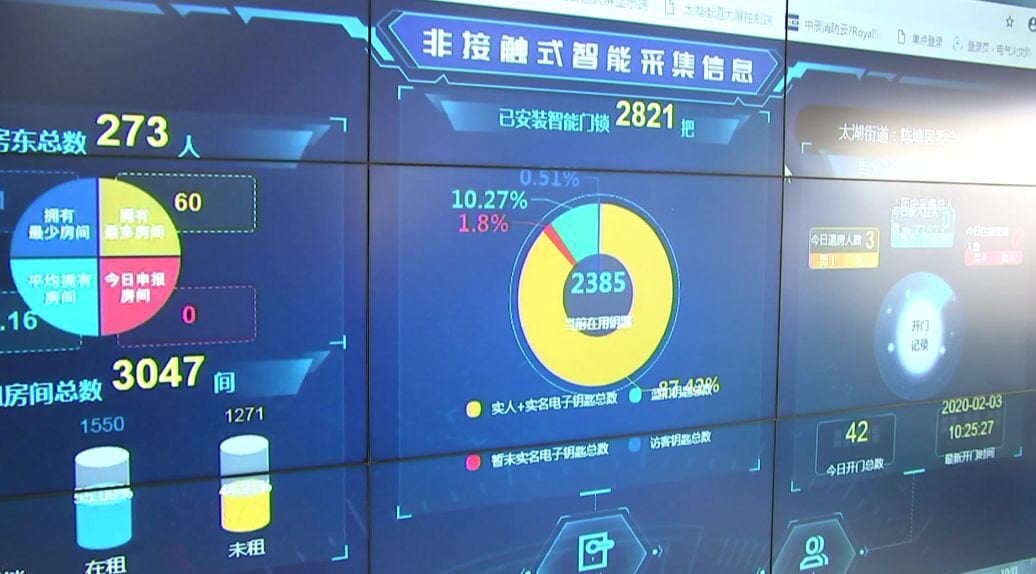
Coincidentally, the infamous “Fengqiao Experience”—a Mao Zedong-era method when massed groups of citizens were incited to monitor and reform those labeled as “class enemies”—originated in Zhuji city in the early 1960s. President Xi Jinping has revived the method and promotes it to control the population, but only with “upgraded” high-tech features to collect and analyze information.
Source: Bitter Winter










